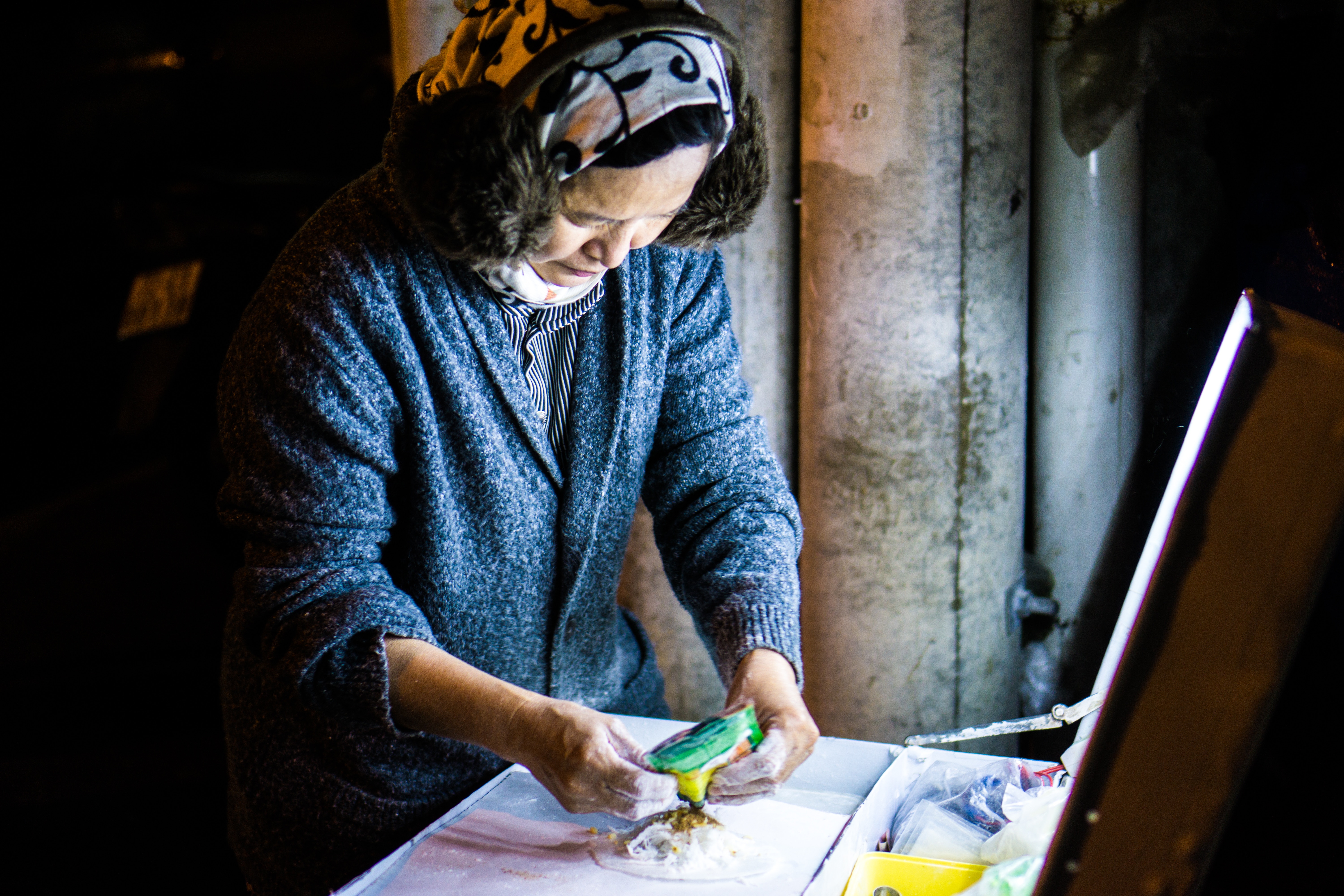Female workers in Vietnamese factories face sexual abuse

According to the Observer, women making clothing and shoes in Vietnam—possibly for well-known US and European brands—have been harassed, groped, and even raped. A study by the Fair Wear Foundation and Care International, based on interviews with 763 women in factories across three Vietnamese provinces, has revealed that nearly half (43.1%) have suffered at least one form of violence and/or harassment in the previous year.
IZA World of Labor author Lisa Cameron has looked at how policymakers can work to protect vulnerable or marginalized women. According to her: “Many developing countries have introduced social protection programs to protect poor people from social and economic risks, but despite women's often greater need, the programs are generally less accessible to women than to men.”
However, Cameron adds: “Scaling up informal, community-level social protection programs for women can be difficult as the programs often rely on a network of highly motivated individuals that is difficult to replicate at scale.” Her article Social protection programs for women in developing countries discusses ways of designing social protection programs that poor women can benefit from in greater detail.
The abuse which women in some Vietnamese factories face ranges from groping and slapping to rape and threats of contract termination. Dr Jane Pillinger, a gender-based violence expert and author of the study, commented: “There’s a significant culture of silence around this, and as a result the numbers are probably even higher: we know from feedback that some women wouldn’t answer the questions in the interviews, perhaps because they feared their responses would somehow get back to their employers or husbands.”
The study also discovered that the age, education level, and migrant status of the employee and the type of her contract correlated to the level of abuse. Evidently, younger, better-educated women and migrant workers are treated worse than others. Annabel Meurs, Vietnam country manager for the Fair Wear Foundation, commented: “Violence and harassment affect productivity, competitiveness and company reputation, as well as women’s integrity, health and wellbeing. It sounds simple, but most garment brands are not aware that they have so much influence on factory floor conditions.”
Read more articles on female labor force participation and development.